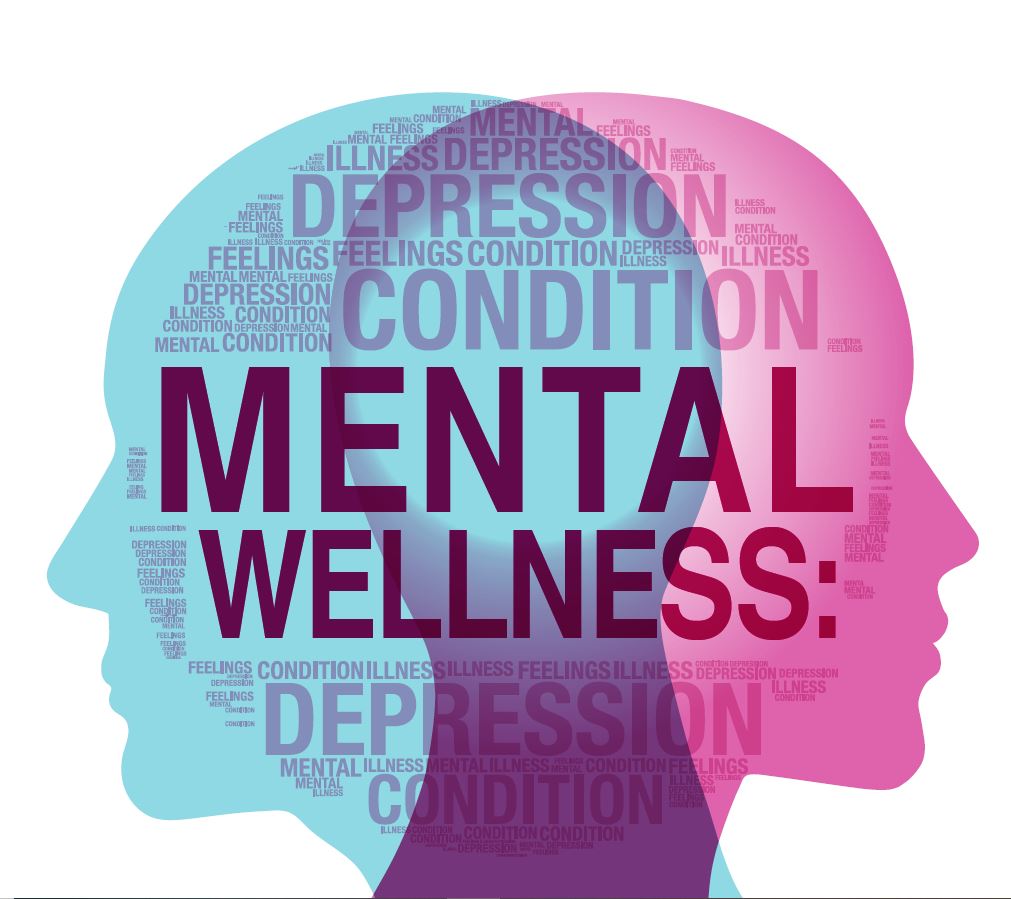When things start to change and affect your mental health, it is not always easy to pinpoint the problem or its source. You might start feeling alone in the world and without anyone available to listen to your thought process. Mental Health evaluation are offered when situations like this occur. Evaluations help doctors, counselors, psychologists, or licensed professionals better understand how individuals think, reason, feel, and remember.
This is just the beginning; a mental health professional can diagnose several mental health disorders through a series of questions and tests. Co-occurring substance use disorder is often associated with mental health, which is an addition to determining if a mental health condition is present. Depression, mood disorders, anxiety disorders, eating disorders, attention deficit hyperactivity disorder (ADHD), post-traumatic stress disorder (PTSD), substance abuse and addictive disorders, bipolar disorder, schizophrenia, and psychotic disorders are some of the most commonly diagnosed.
During your mental health evaluation, you might find yourself working with different professionals specialized in mental health, depending on where you choose to do your assessment. Psychiatrists can diagnose and treat mental health disorders along with the ability to prescribe medication. Psychologists carry doctoral degrees and sometimes medical degrees that allow for the diagnosis and treatment of disorders without the privileges of prescribing medicine unless they are carrying a special license. Licensed social workers can also work with you as they are schooled and trained in mental health. Even though they cannot prescribe medication, they often work with providers that do. Licensed professional counselors can offer counseling on various mental health issues and work with providers that prescribe medicine.
No matter the type of evaluator you come across, you can expect mental health evaluations to be conducted in a professional manner and setting. There is no need to be nervous, as the purpose of the assessment is to help your licensed professional understand your mental health needs to determine proper treatment planning geared towards a path to recovery.
The earlier you can catch a mental health situation, the better to prevent it from getting worse or occurring at all. An unusual drop of functionality and daily activities, once noticed, can raise a lot of concern to family members or loved ones. Along with that, some people experience changing sleeping patterns and eating habits. You also have a loss of desire, mood changes, paranoia, and feelings of disconnection from surroundings as signs and symptoms that indicate the need for a mental health evaluation.
It is not required, but if an individual would like to prepare for an evaluation, it would be good to think about the reasons for the assessment. Think about the thoughts and feelings you had days and weeks before the evaluation, write them down, and bring them to the appointment. This is an excellent way to ensure that you don’t forget to talk about anything in the evaluation. You might think about how often the symptoms last, how long they occur, when they first started, and even things that make the symptoms worse. The more information you give during an evaluation, the better.
